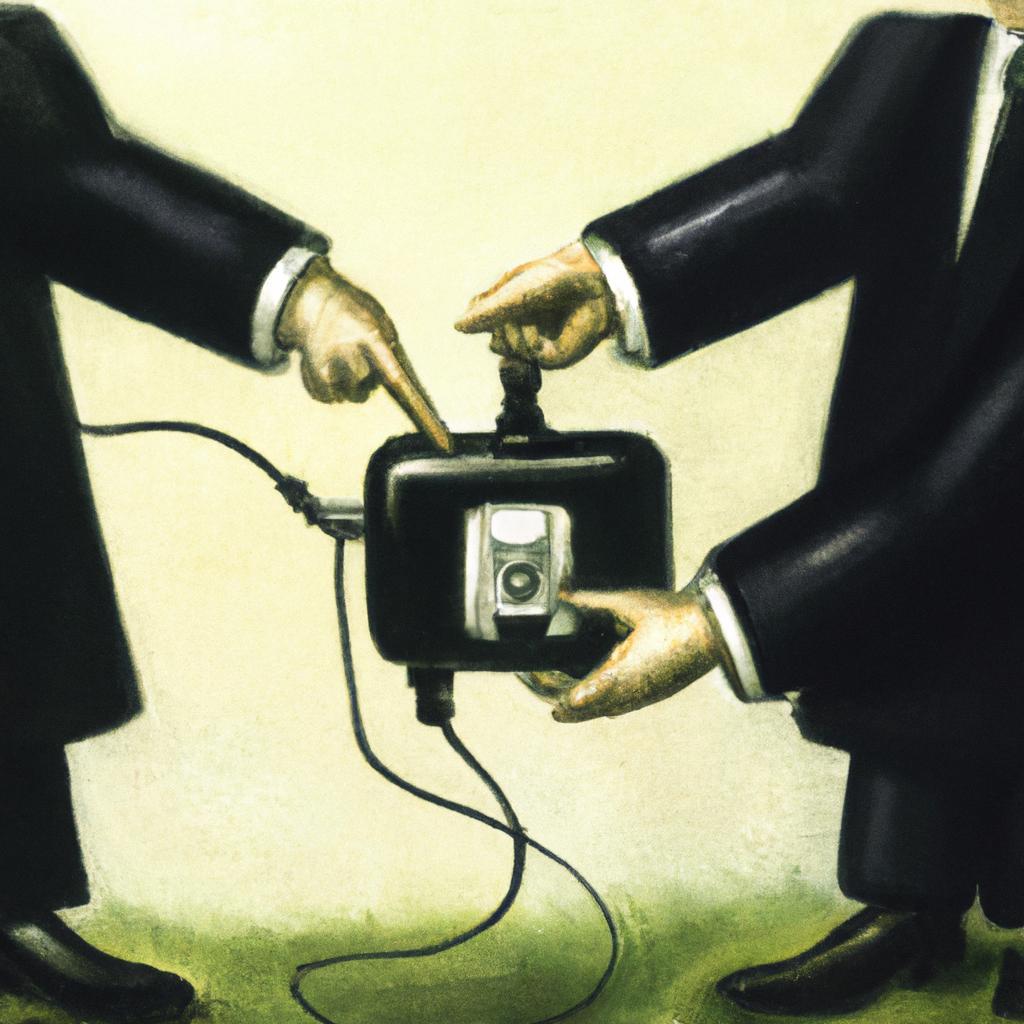Mastering the Art of Negotiation: When to Haggle for a Better Deal
In a world where every interaction can feel like a delicate dance of interests and intentions, the art of negotiation emerges as a powerful skill set that can transform ordinary exchanges into extraordinary outcomes. Whether you’re purchasing a car, discussing salary expectations, or bartering at a vibrant local market, knowing when to haggle can elevate your ability to secure a better deal. This article invites you into the nuanced realm of negotiation—offering insights into the strategies and timing that can empower you to negotiate like a pro. With a blend of psychology, tactics, and situational awareness, mastering the art of negotiation is not just about getting what you want; it’s about building relationships and understanding value on both sides of the table. So, when is the right moment to engage in this intricate art? Let’s explore the key principles and scenarios that could pave the way for your next successful negotiation.
Understanding the Psychology Behind Negotiation Strategies
Delving into the human psyche reveals a tapestry of motivations underpinning negotiation strategies. Every negotiation is an interplay of **interests, emotions, and power dynamics** that can dictate the flow of conversation and influence outcomes. Understanding these psychological elements can significantly enhance your negotiation prowess. Here are key aspects to consider:
- Perception of Value: Each party enters with a unique valuation, shaped by personal experiences and expectations, which can lead to divergent interpretations of worth.
- Emotional Intelligence: Recognizing and managing emotions—both your own and those of your counterpart—can help create a more collaborative atmosphere.
- Cognitive Biases: Be aware of how biases such as anchoring or confirmation bias can affect decision-making processes.
- Trust Building: Establishing rapport can lower defenses, making it easier to reach mutually agreeable terms.
Additionally, employing an awareness of these psychological factors allows you to tailor your strategies according to the situation. The following table outlines common psychological tactics and their applications:
| Tactic | Description | When to Use |
|---|---|---|
| Silence | Pausing after presenting an offer encourages the other party to fill the gap. | During tense moments |
| Framing | Presenting information in a way that highlights the benefits of your offer. | When introducing your bid |
| Reciprocity | Offering something small to elicit a concession in return. | To break a stalemate |

Essential Tactics for Effective Haggling in Everyday Scenarios
To enhance your haggling skills in everyday situations, embrace these **essential tactics** that can lead to more favorable outcomes. First, always do your homework; knowing the market value of the item or service allows for more confident negotiations. **Be friendly** and approachable, as a positive demeanor can create a more cooperative atmosphere. **Start low** but reasonable, presenting a figure that opens the door to negotiation without offending the seller. Timing can also play a pivotal role; aiming to haggle during off-peak hours can yield better results. Lastly, be prepared to walk away; sometimes, the best deal is one that comes after making your intentions clear that you value your budget. Here’s a quick overview of these techniques:
| Tactic | Description |
|---|---|
| Research | Know the market value of the item. |
| Friendly Approach | Create a positive atmosphere for negotiation. |
| Start Low | Begin with a low offer to encourage dialogue. |
| Timing | Negotiate during less busy times. |
| Walk Away | Don’t hesitate to leave if the price doesn’t meet your expectations. |
In Conclusion
mastering the art of negotiation is not merely about striking a deal; it’s about understanding the intricate dance of communication, psychology, and strategy. Whether you’re at a bustling marketplace, a car dealership, or navigating the nuances of a salary discussion, the ability to haggle effectively can lead to more favorable outcomes and a greater sense of empowerment. Remember, successful negotiation is not solely about winning; it’s about crafting a solution that benefits all parties involved. As you step into your next negotiation, carry with you the awareness of when to engage, the confidence to advocate for yourself, and the wisdom to listen. With practice and patience, you’ll not only enhance your negotiation skills but also enrich your relationships and experiences, turning every interaction into an opportunity for connection and collaboration. Happy negotiating!
